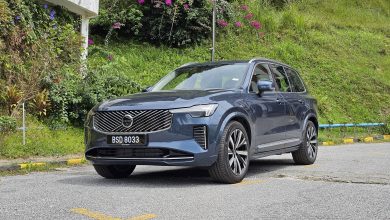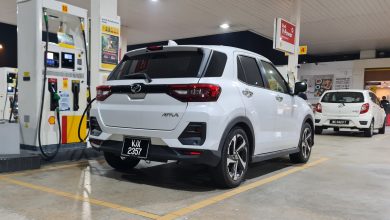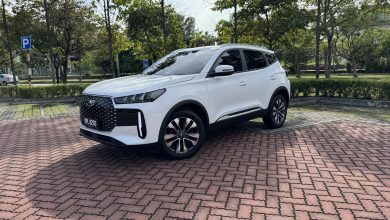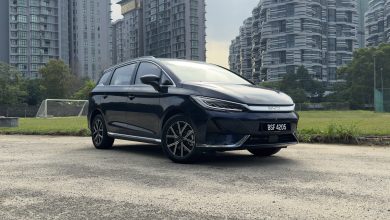Cars
clive owen சமீபத்திய பி.எம்.டபிள்யூ திரைப்படம், ‘எஸ்கேப்’ வழங்குகிறது. அதை இங்கே பாருங்கள்!

clive owenநடித்த பிஎம்டபிள்யூ ஃபிலிம்ஸ் ‘பாராட்டப்பட்ட வலை தொடர் 3 வது பருவகாலத்தை மீண்டும்! நீல் Blomkamp இயக்கிய, இந்த நடவடிக்கை நிரம்பியுள்ளது குறும்படம் பெரிய கார் துரத்துகிறது மற்றும் பரபரப்பான தருணங்களை பாரம்பரியம் தொடர்கிறது, ஆனால் டகோடா ஃபான்னிங், வேரா Farmiga, ஜோ Bernthal மற்றும் நிச்சயமாக, BMW வின் சமீபத்திய 5-தொடர் பிடிக்கும் இருந்து இன்னும் நட்சத்திர சக்தி வெற்றியடைகிறது .
அதை இங்கே பாருங்கள்:
https://youtu.be/jzUFCQ-P1Zg




